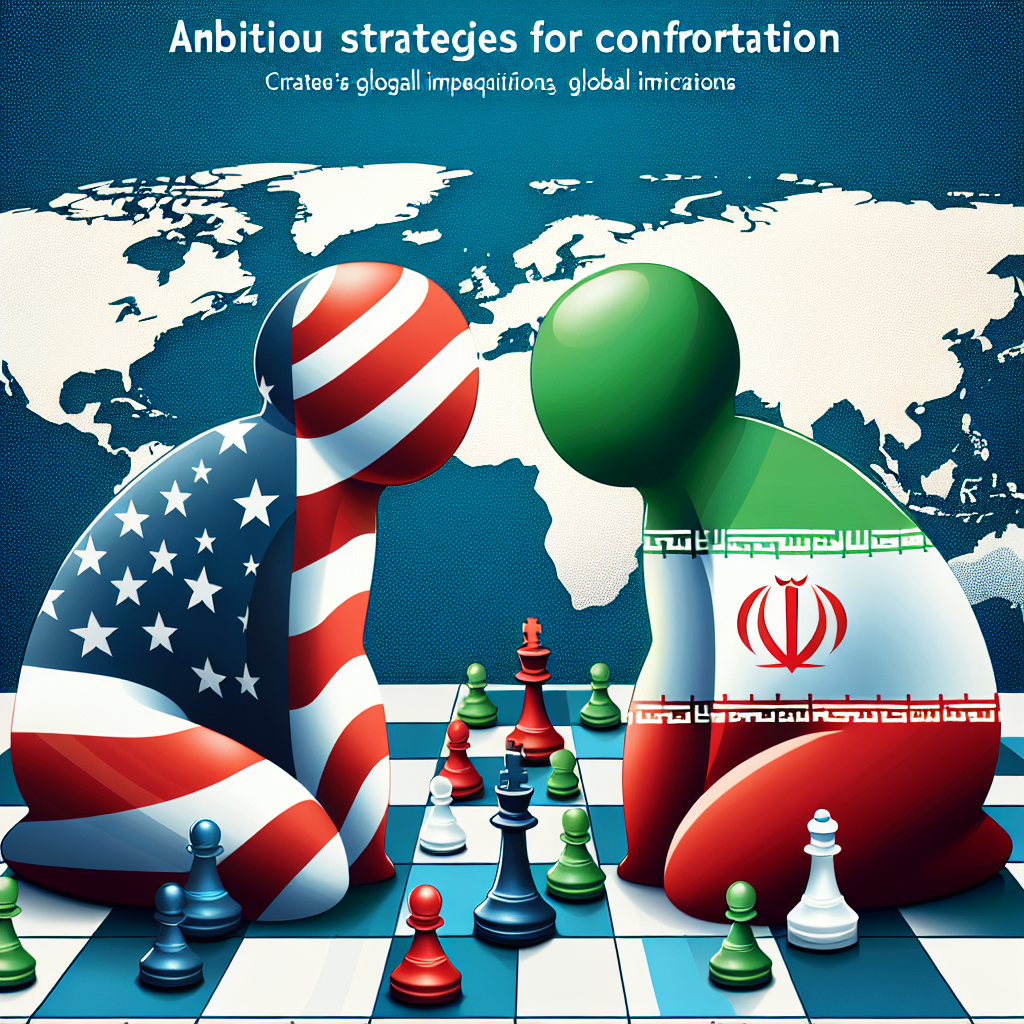The machinations of globalist entities often manifest through various organizations that serve as fronts for their agendas, a tactic ostensibly employed to minimize scrutiny. The World Economic Forum (WEF), led by Klaus Schwab, prominently emerged during the COVID-19 pandemic in 2020, amplifying fear and advocating for numerous authoritarian measures. However, as backlash against lockdowns and vaccine mandates mounted, the WEF’s visibility in the media diminished swiftly, indicating a retreat from the limelight when their initiatives faced opposition. Another illustration of this pattern is the introduction of the Council for Inclusive Capitalism, spearheaded by Lynn de Rothschild in collaboration with the Vatican, which was ostensibly intended to promote Environmental, Social, and Governance (ESG) criteria. This initiative also faded from public interest as it faced criticism for its links to a more extensive framework of corporate compliance with far-left social engineering.
Despite the volatility of various globalist agendas and organizations, one institution remains consistently influential: the Atlantic Council. This organization has played a hidden yet pivotal role in several high-stakes initiatives, particularly regarding propaganda efforts and policy framework designed to undermine Western freedoms. The Council’s fingerprints can be traced in various geopolitical crises, notably the ongoing conflict in Ukraine. Over the past decade, the Atlantic Council has strategically interwoven itself into actions aimed at escalating tensions in the region, advising NATO and Ukrainian officials on addressing Russian aggression and shaping the security narrative surrounding Ukraine to facilitate a proxy war against Russia. Their 2014 report emphasized the need to leverage Russia’s actions to strengthen Ukraine’s military capabilities while minimizing the risk to NATO, suggesting a calculated approach to provoke conflict without declaring war.
As the global political landscape shifts, so too does the Atlantic Council’s focus. Recent reports indicate their intent to influence U.S. defense policies regarding Iran amid rising tensions with Israel. The Council’s Iran Strategy Project, aimed at developing a bipartisan approach to the U.S.-Iran conflict, underscores a commitment to maintain American military presence in the region and suggests more aggressive posturing toward Iran. Their strategy includes cooperation with Israel and establishing firm red lines regarding Iran’s nuclear aspirations. Such maneuvers suggest that the Council seeks to embroil America in a direct confrontation with Iran while demonstrating alignment with both establishment political parties, despite widespread public resistance to additional military engagements in the Middle East.
The speculation surrounding former President Donald Trump’s potential return to the White House complicates the geopolitical narrative. Various reports implicate Iran in clandestine operations against Trump, hinting at the possibility of foiling his foreign policy ambitions should he return to power. Given Trump’s prior inclination to scale back U.S. military involvement, the Atlantic Council may aim to mitigate this by enmeshing him in a new war against Iran. The Council’s documents express an urgency to articulate proactive military strategies aimed at countering Iranian influence, suggesting a desire to precipitate an armed conflict that could potentially align with popular sentiment and political favor.
Moreover, the Atlantic Council’s proposals imply a recognition of the complexities involved in engaging Iran, particularly its relationships with global powers like China and Russia. The report acknowledges that escalating military actions against Iran could inadvertently draw these nations into a broader conflict. The strategic networks of alliances and enmities in the Middle East, along with the potential for large-scale conflict involving multiple state actors, reflect a globalist agenda designed to create perpetual turmoil, thereby justifying increased military engagement by the U.S. These intricacies reveal a deliberate attempt to leverage geopolitical strife to further entrench American military operations overseas.
Ultimately, the broader implications of continued military entanglements in foreign conflicts resonate not only within international relations but also within American society itself. Military actions abroad often distract from domestic priorities and influence public perception toward acceptance of war. As the U.S. increasingly finds itself grappling with the ramifications of foreign entanglements, the risk arises that such conflicts may no longer remain distant affairs relegated to the peripheries of public concern. With growing evidence that the Atlantic Council is pursuing escalatory strategies through manipulative proxy warfare, it is vital to question the necessity and consequences of these ongoing conflicts. The ever-present threat of larger wars stemming from regional strife, influencing American lives far beyond political rhetoric, raises alarms about the potential for future turmoil on domestic soil. Thus, awareness of these entangled geopolitical agendas is critical for discerning the motives behind U.S. foreign policy and safeguarding both American interests and lives.

